
- Diplomatic News
Afghanistan: A Difficult Road Ahead, But Change Is Inescapable
- Diplomatic News
- 07 April, 2021 23:48:15
News Desk: Afghanistan has made hard won gains in the last two decades, including the increase in education enrollments, expansion in health services, infrastructure development, improvements in regional connectivity, and progress ranging from doing business to gender equality. Last year could have been a turning point as peace talks were initiated, violence diminished during the early months of the year, and donors reiterated their support to Afghanistan by pledging critical funding and technical assistance.
Unfortunately, a peace agreement is yet to be reached. Violence has increased following the initiation of intra-Afghan negotiations last September. Improvements in governance and expanding national outreach have been delayed. Since the onset of the pandemic, GDP has shrunk by 5 percent, the budget deficit has increased, investment has collapsed, and exports have been reduced. The U.N. has estimated that half of the population will be in need of humanitarian assistance in 2021, a six-fold increase compared to four years ago.
“The best time to plant a tree was 20 years ago. The second-best time is now.” In the spirit of that proverb, the government’s Afghanistan National Peace and Development Framework (ANPDF II) outlines objectives and priorities that can turn the tide around. To support this effort, the United Nations Development Program (UNDP) in its most recent report on Afghanistan has assessed Afghanistan’s current constraints, opportunities, and challenges and proposes several policies and programs in line with triple axis of peace building, state building, and market building envisaged in ANPDF II.
Peace building requires that peace is achieved first. UNDP has estimated that if peace is achieved and observed for the next four years, GDP in Afghanistan will increase by 7 percent. This will also increase the government’s revenues and ability to fund aspirational development and social programs.
State building requires that governance improves, and funds are allocated and used transparently and effectively. Although both depend on peace, corruption would also need to be addressed head on, as Afghanistan is among countries most affected by it.
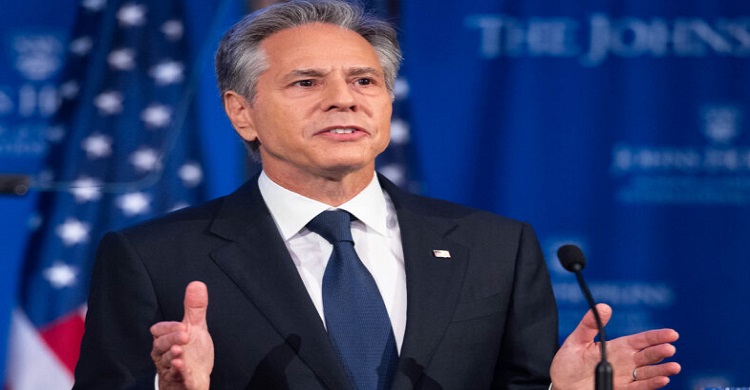

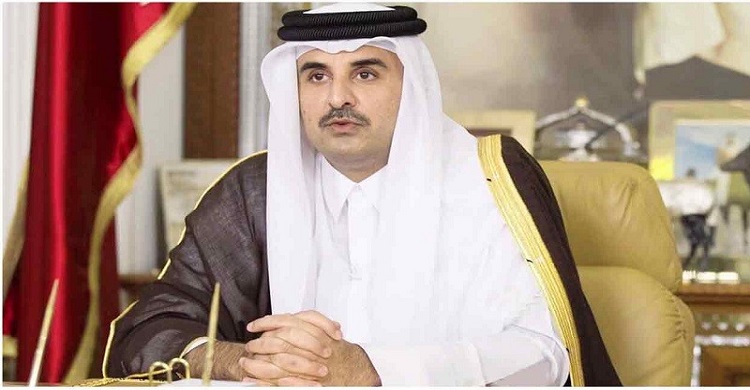
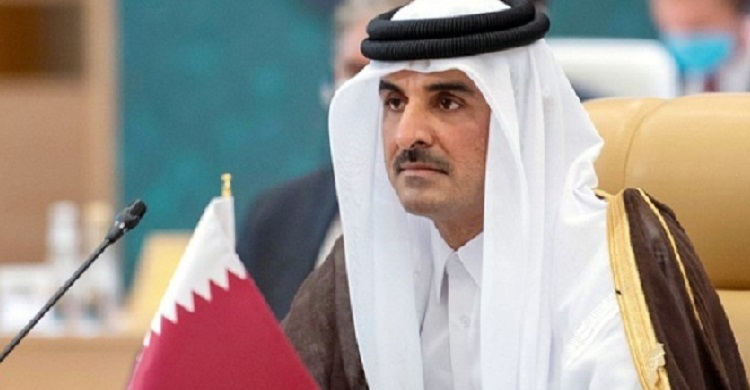
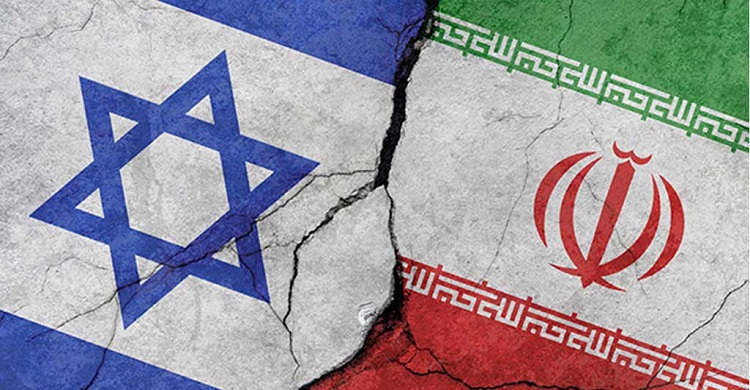
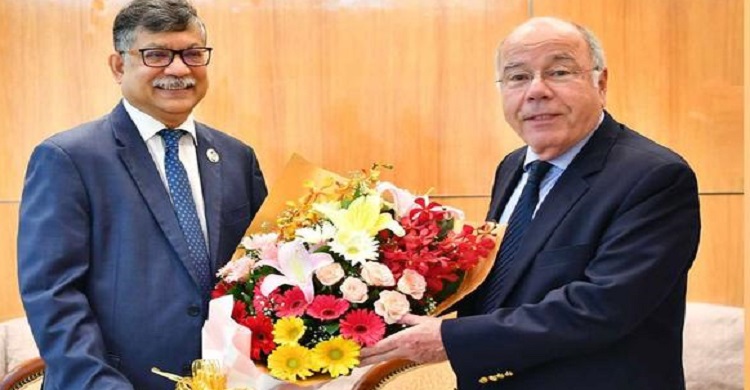
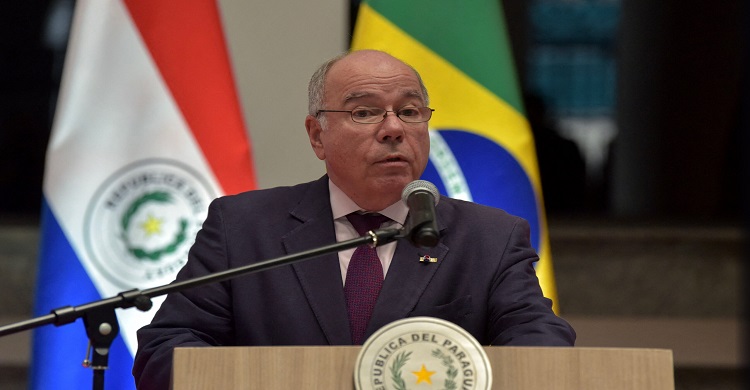
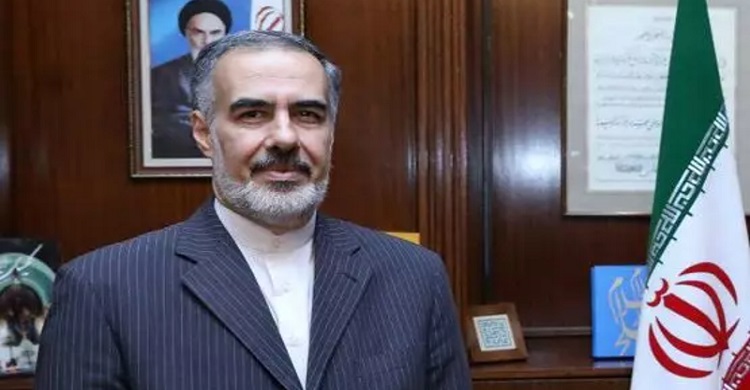
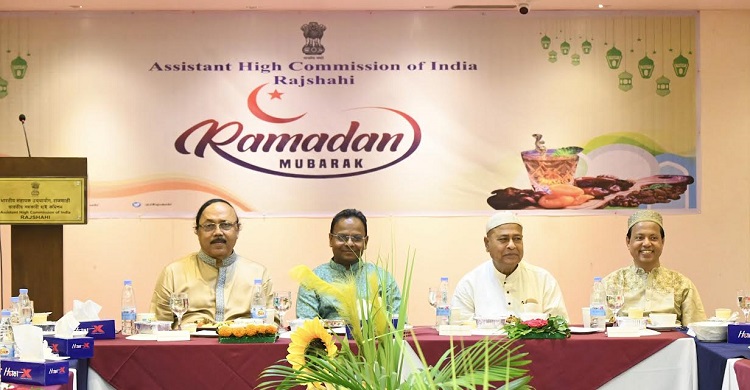
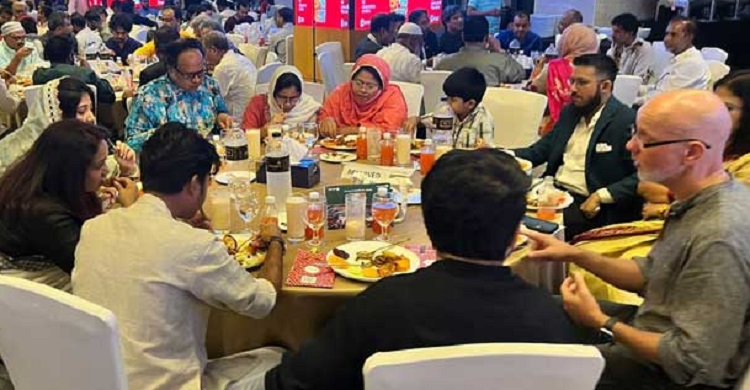
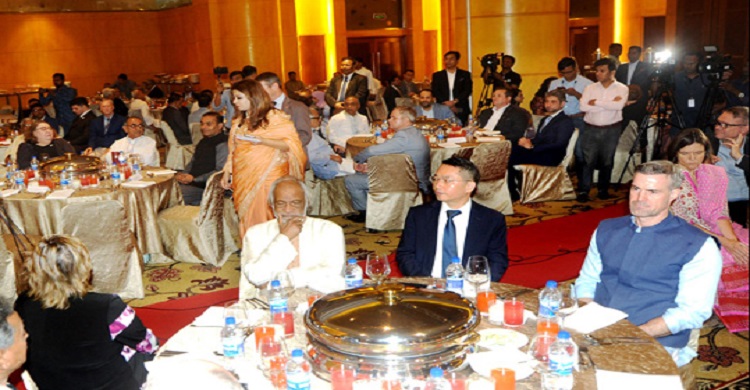
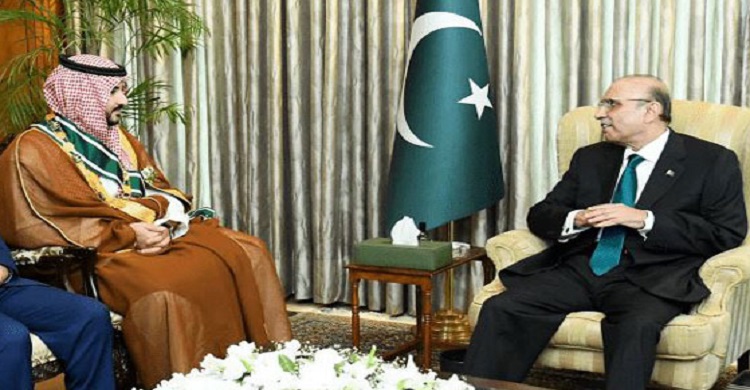
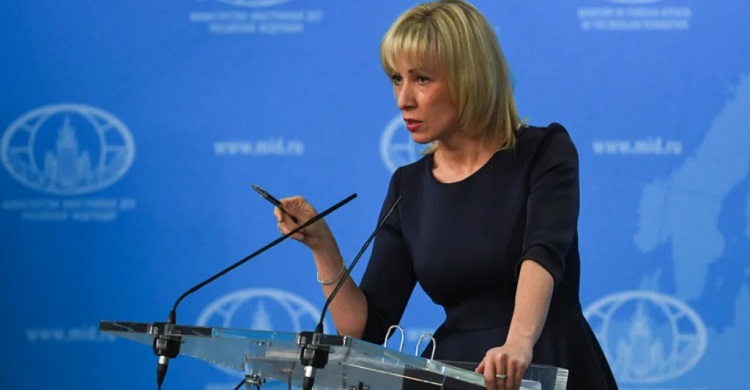
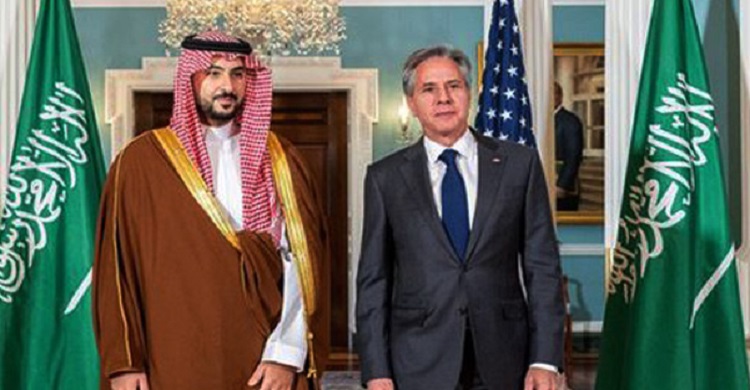
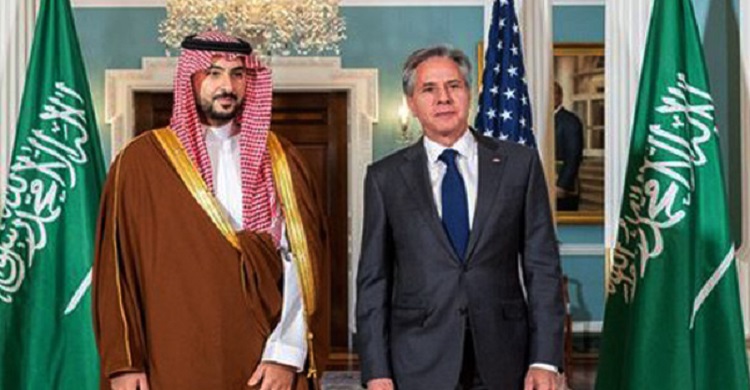



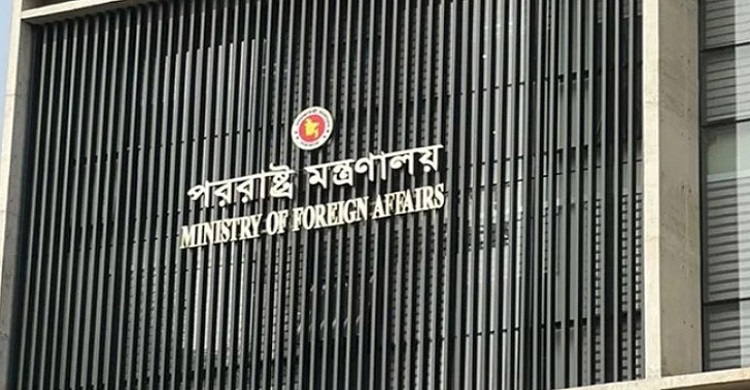
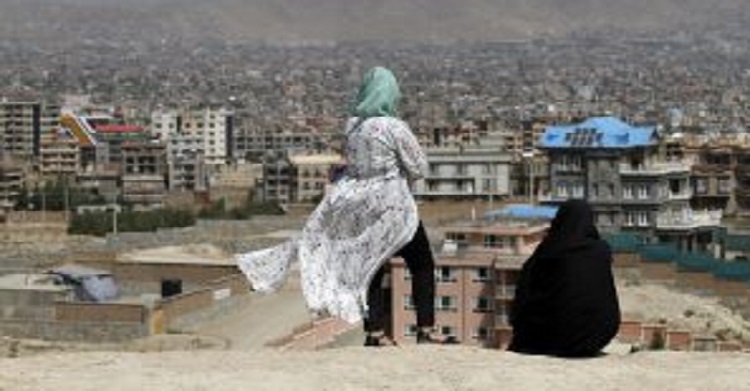

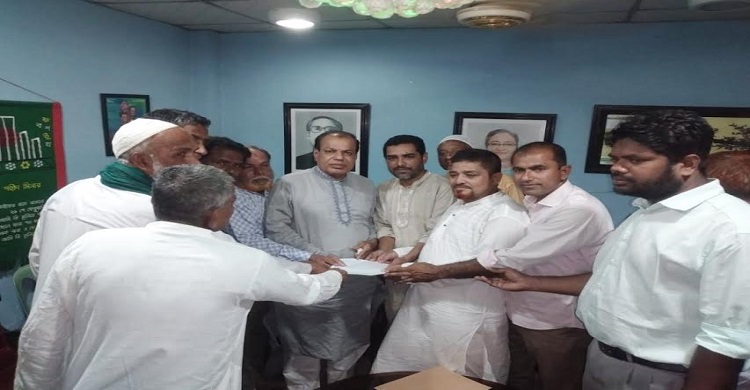






Comment ( 0)